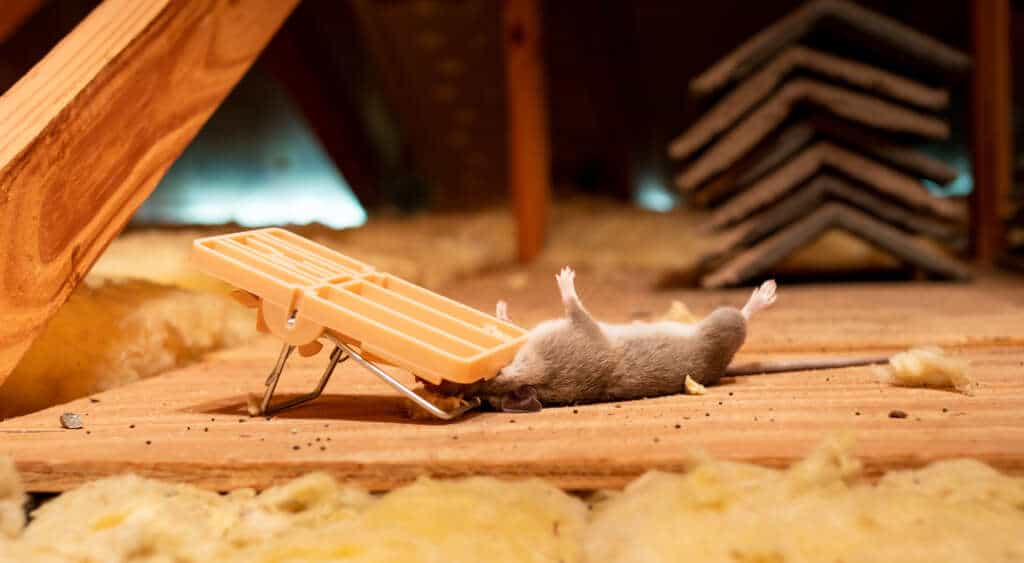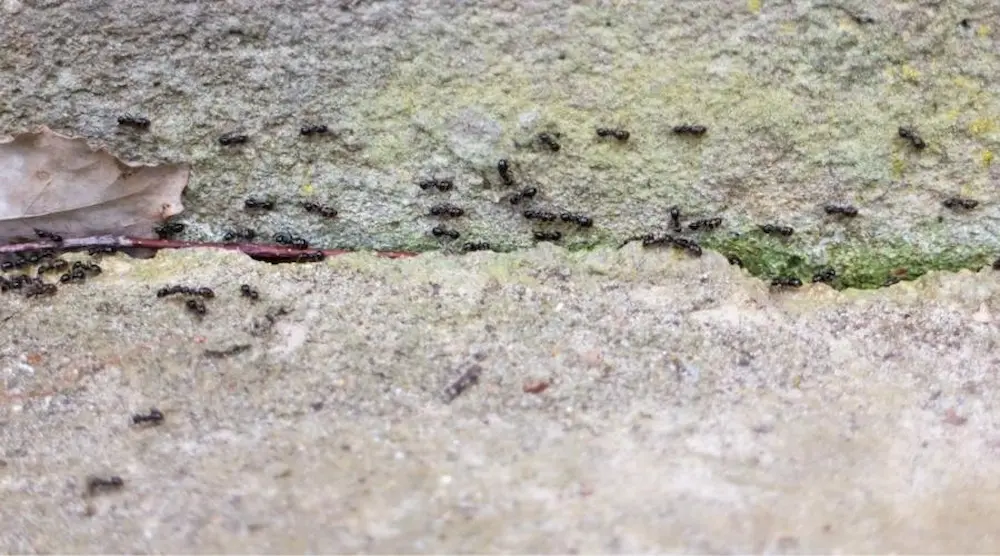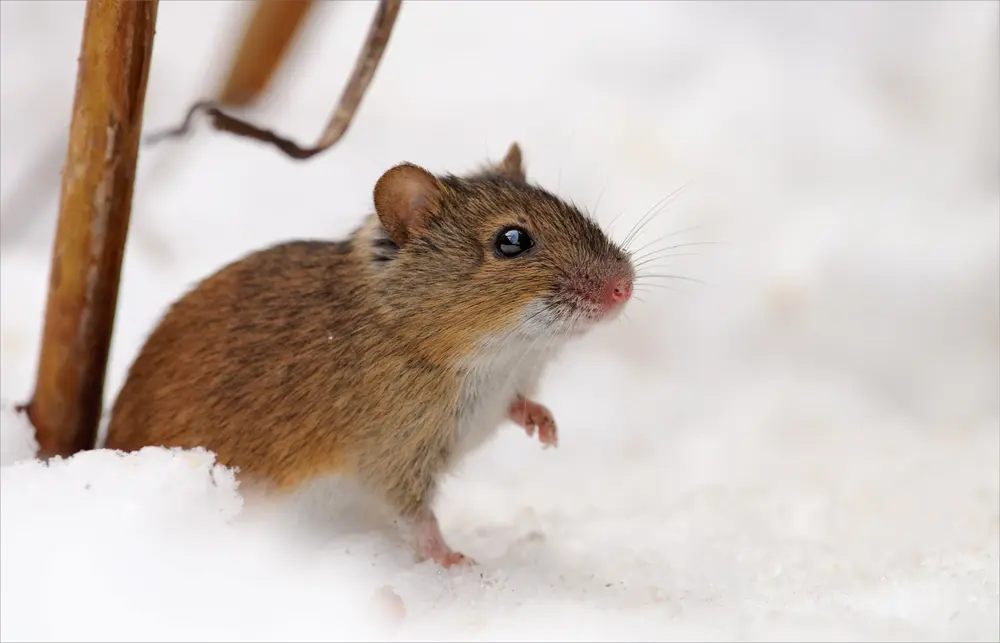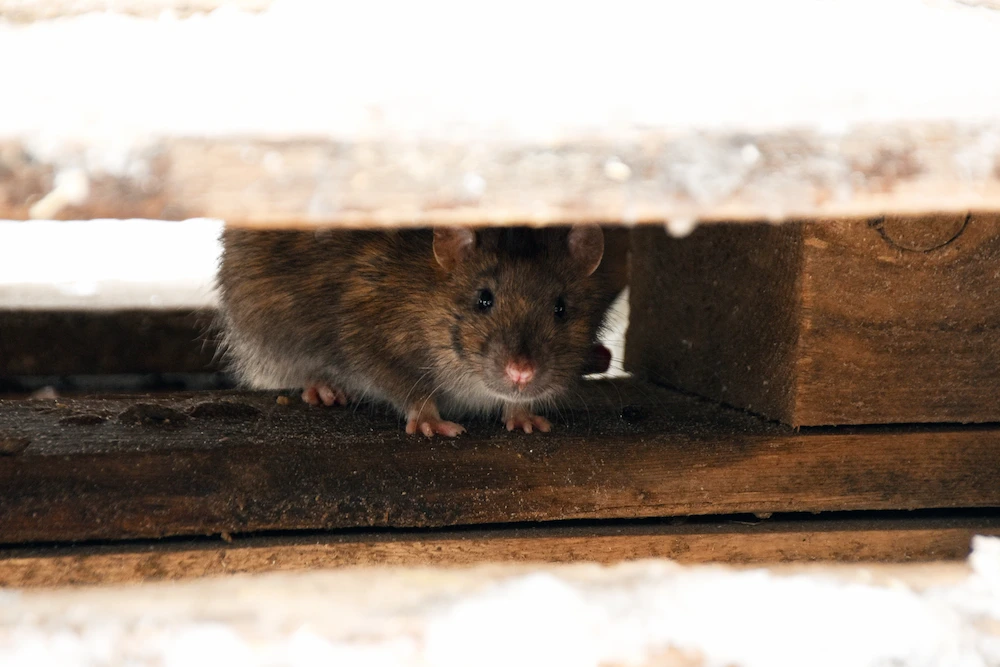Although they get their name because they nest near pavement, pavement ants can still live inside homes, if given the opportunity. Fortunately, we at United Pest Solutions are here to help protect your home against these common nuisance pests!
What are Pavement Ants?
Pavement ants are small, typically brown or black ants that have parallel lines running down the backs of their bodies. While they prefer sweets, they will eat nearly anything from meats and fats to honeydew and insects. Pavement ants do have a stinger, but rarely bite however, they can contaminate food and surfaces.
Signs of Pavement Ants
Physically seeing worker pavement ants in and around your home is the best way to identify if you have a pavement ant infestation. These tiny pests often invade in large numbers, with colonies averaging about 3,000 to 4,000 in size.
Once inside, pavement ants will nest under floors, in insulation, and behind walls.
How Do I Prevent Pavement Ants?
Clean up spills and crumbs
Don’t keep food out, including pet food. Store all food in airtight containers or in your refrigerator
Use a silicone-based caulk to seal around your foundation and around doors and windows to help prevent ants from gaining access into your home
Prune shrubs and trees so they’re at least 18 inches away from your home as ants commonly use branches to gain entry into homes
Regularly take out your trash and make sure your outdoor garbage cans have tightly sealed lids
Keep firewood away from your home. Ants and other pests like to nest in wood, especially if its moist or rotted
Eliminate sources of standing water, including pet bowls
Professional Pavement Ant Control
While pavement ants are known to nest under sidewalks and in sidewalk cracks they can find their way into homes, forming colonies underneath your floor or within your walls. If you spot a few pavement ants in your home, there are likely more.
These ants are generally late-night snackers. You’ll most commonly see them after sunset foraging for food.
So if you’re dealing with a pavement ant problem, give us a call today for a free estimate!

Don’t Make These Mistakes When Using Mouse Traps
Do you have a mouse infestation? Mice are a dreaded




